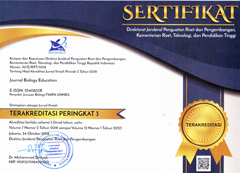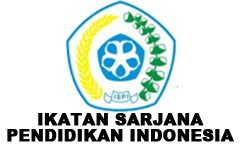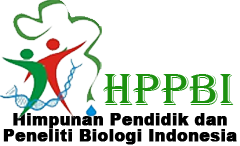The Use of Scientific Issues in PBL Learning On Virus Chapter To Develop Students' Cognitive Outcomes and Health Care Attitude in SMA
Abstract
Education is now faced with the demands of the 21st century who expect students to have critical thinking, able to solve problems, creative, communicate and collaborate well. The study aims to determine the enforceability of the learning process, develop cognitive skills and attitudes of health care students. The study was conducted in SMA N 1 class X Muntilan academic year 2019 / 2020. Design research was Quasi-Experiment with Non-Equivalent Control Group. The population in the study were all students of class X SMA N 1 Muntilan as much as 7 classes. The samples were determined using purposive sampling technique to obtain class X 6 and X MIPA MIPA 3. The techniques used for data collection are observation, testing, and questionnaires while the data collection instruments namely observation sheets, about the test and questionnaire sheet. Learning to use scientific issues done well, can be seen on the average results of observations for the fourth meeting of the learning that is equal to 93.3% (excellent). Cognitive learning outcomes obtained based on the value of pretest and posttest 20 multiple choice questions and obtained N-gain experiment grade of 0.56> 0.32 grade control. In the analysis of indicators of the result is that the indicator C1, C3, C4 and C6 indicate a difference in the average yield posttest values ​​between the experimental and control classes. Classical completeness experimental class> which controls 97.1%> 71.4%. Based on data from the student health care attitudes questionnaire obtained N-gain of 0.172 (low category) for the control and 0,361 class (medium category) for the experimental class.
The copyright of the article once it is accepted for publication shall be assigned to the journal as the publisher. The intended copyright includes the right to publish the article in various forms (including reprints). The journal maintains the publishing rights to the published articles.
This work is licensed under a Creative Commons Attribution 4.0 International License.







